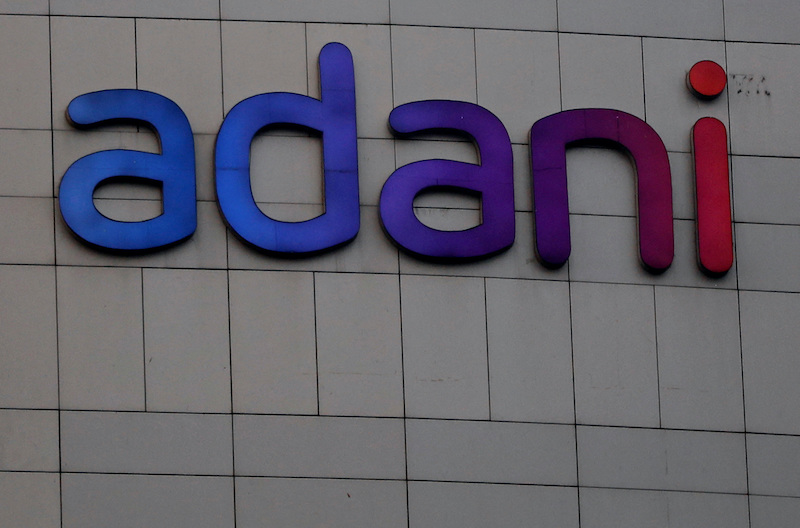After years of confusion and mixed messaging, India’s central bank signals that it is not opposed to the crypto trading on private platforms – to the delight of local enthusiasts
(AF) In a huge relief to over 15 million crypto-investors, the Reserve Bank of India (RBI) has clarified that banks and other service providers can no longer cite an earlier order for not offering or dealing with cryptocurrencies, reinforcing cryptocurrencies position as an emerging asset class in the country.
But more importantly, the central bank has also signalled through its statement that it is no longer averse to trading of cryptocurrencies on private platforms.
Ever since the central bank, in its circular in April 2018, banned banks from dealing in cryptocurrencies or offering any service to customers on them, uncertainty swirled around crypto trading in India.
The government’s constant flip-flopping on whether to legitimise this virtual form of currency only added to the confusion.
For, while the RBI’s 2018 circular was challenged in the Supreme Court, which set it aside in March 2020, a committee headed by a former Finance secretary recommended a blanket ban on cryptocurrency trading in 2019.
Earlier this year, the government also proposed a bill, which aimed to impose a ban on crypto trading, even as the RBI hinted at setting up its own digital rupee.
Consequently, amid that confusion and in the absence of any clear instructions from the RBI, leading banks and financial institutions clamped down on customers using bank accounts for cryptocurrency transaction.
“In view of the order of the Hon’ble Supreme Court, the circular is no longer valid from the date of the Supreme Court judgement, and therefore cannot be cited or quoted from,” the RBI said in a clarification on its website on Monday.
Freeing up services
Clearly, the latest clarification from the central bank comes as a major boost for the crypto industry, which now expects that banks and cryptocurrency intermediaries like exchanges and fintechs can offer services freely.
“This is a very good move that will put to rest the confusion that banks had since there was no official instruction from the RBI on permitting cryptocurrency transactions,” Nischal Shetty, founder and CEO of WazirX, a crypto exchange told Asia Financial.
“Crypto is a growing sector with about 15 million traders and many had raised concerns about the uncertainty that prevailed on the legitimacy of cryptocurrencies in India. The RBI took note of that and realized that there was a need to clear doubts. This news has brought joy and confidence to everyone in the sector.”
The crypto industry had always cited the official vacuum from a regulatory point of view and sought rules for gaining acceptance.
Although the Supreme Court order last year led to a spurt in trading volumes, lack of regulation had always kept the industry on tenterhooks.
“That gap has been filled,” Shetty said.
The central bank has also instructed banks to carry out customer due diligence processes “in line with regulations governing standards for Know Your Customer (KYC), Anti-Money Laundering (AML), Combating of Financing of Terrorism (CFT) and obligations of regulated entities under Prevention of Money Laundering Act (PMLA) 2002, in addition to ensuring compliance with relevant provisions under the Foreign Exchange Management Act (FEMA) for overseas remittances.”
This too is a good move, according to Shetty, “which will enable intermediaries like WazirX to work with banks since all exchanges are compliant with these regulations.”
Legitimising cryptocurrencies
Shetty said the RBI statement could also be considered as an indication that the government is looking to soften its stance on cryptocurrency trade and go for regulation rather than a ban.
In March, the Ministry of Corporate Affairs asked companies to declare their cryptocurrency investments, while almost simultaneously, in an interview to a local TV channel, Finance Minister Nirmala Sitharaman assured that the government would not shut all options on cryptocurrencies.
“These are indications that the government is looking at cryptocurrency as an asset class to understand the domain and ensure that it remains healthy, which could also be positive step,” Shetty said.
Industry sources say that the RBI statement has cleared the legal status of cryptos like Bitcoin, Dogecoin, Ethereum and others as well – that have become household names in the country.
























